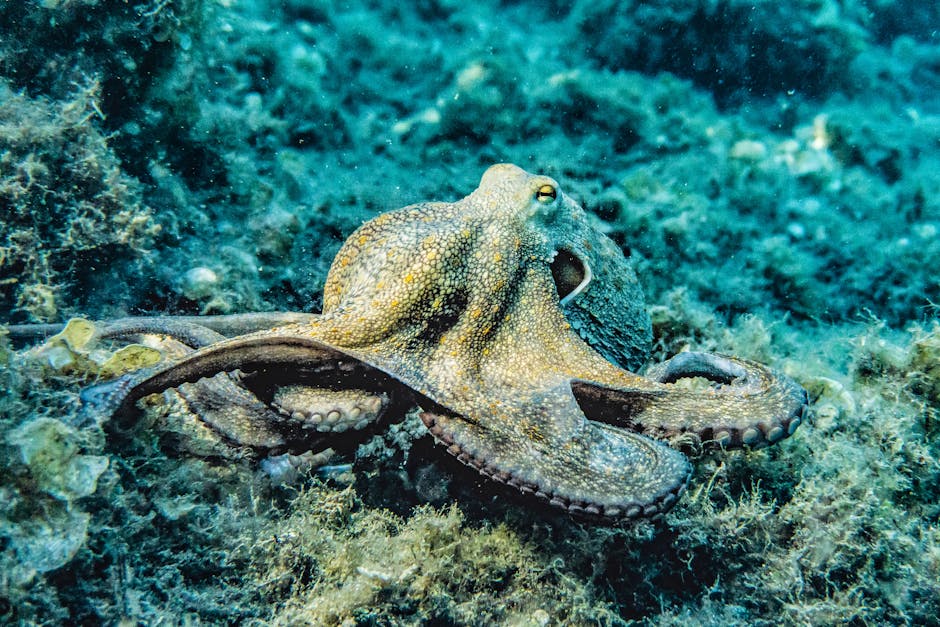
The Fascinating World of Octopuses
Exploring the Pros and Cons of These Enigmatic Creatures
The octopus is a mysterious and intelligent creature that inhabits the world's oceans. With its ability to change color and shape, solve complex puzzles, and display remarkable hunting techniques, the octopus has captured the imagination of marine enthusiasts and scientists alike. In this article, we will delve into the captivating world of octopuses, exploring their unique characteristics and the advantages and disadvantages of these enigmatic creatures.
From their advanced cognitive abilities to their vulnerability to environmental changes, octopuses present a myriad of fascinating aspects to consider. Join us as we uncover the secrets of these remarkable creatures and weigh the pros and cons of their existence in the marine ecosystem.
Pros
Discover the compelling benefits of the octopus's unique traits and behaviors.
Missing a pro?
Cons
Explore the complexities and issues surrounding the existence of octopuses in marine ecosystems.
Missing a con?
Conclusion
In conclusion, the complex nature of octopuses presents a tapestry of advantages and disadvantages that capture our curiosity and concern. As we delve deeper into understanding these enigmatic creatures, it becomes evident that their presence in marine ecosystems is not only a testament to natural wonder but also a reflection of our responsibility in preserving the diversity and integrity of the world's oceans.
What do you think?
Do you think the pros outweigh the cons?






